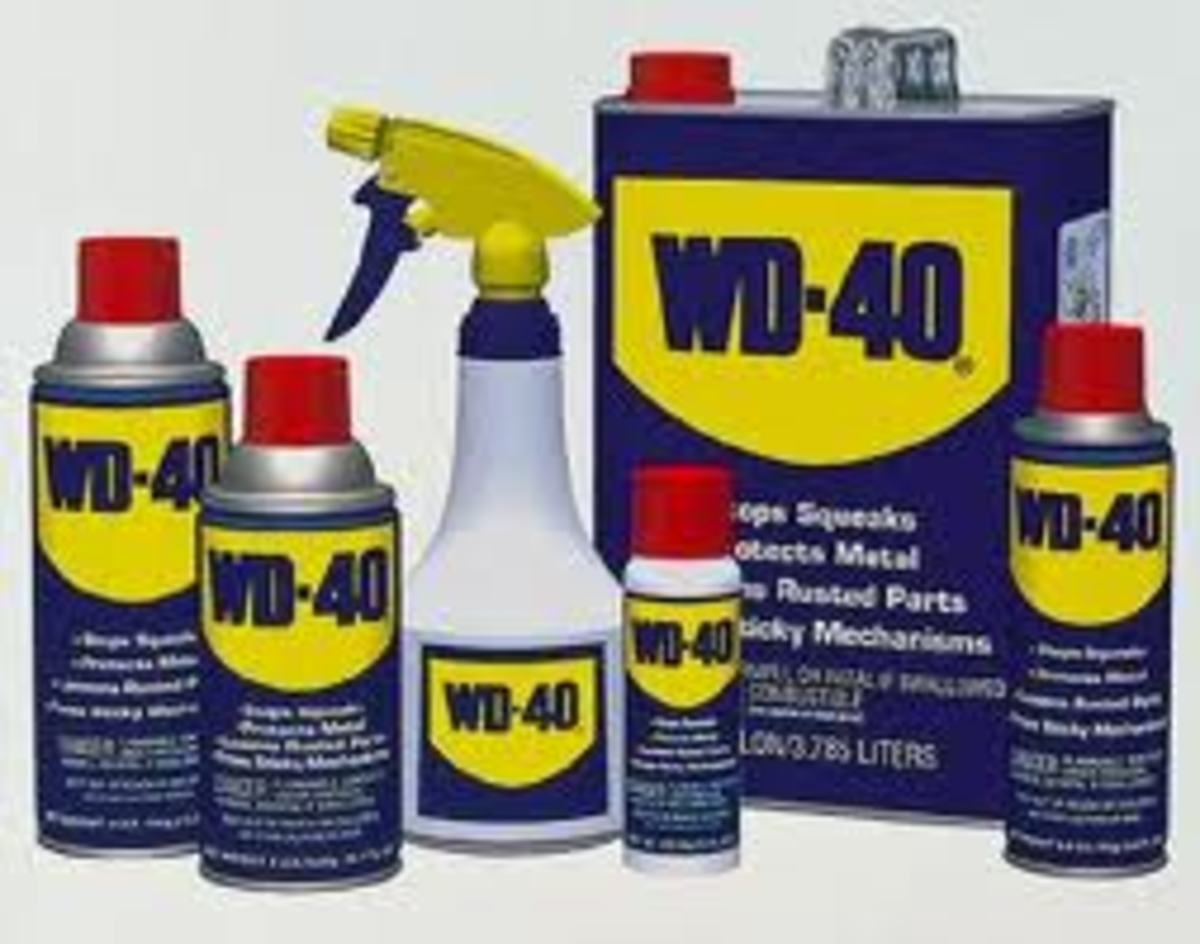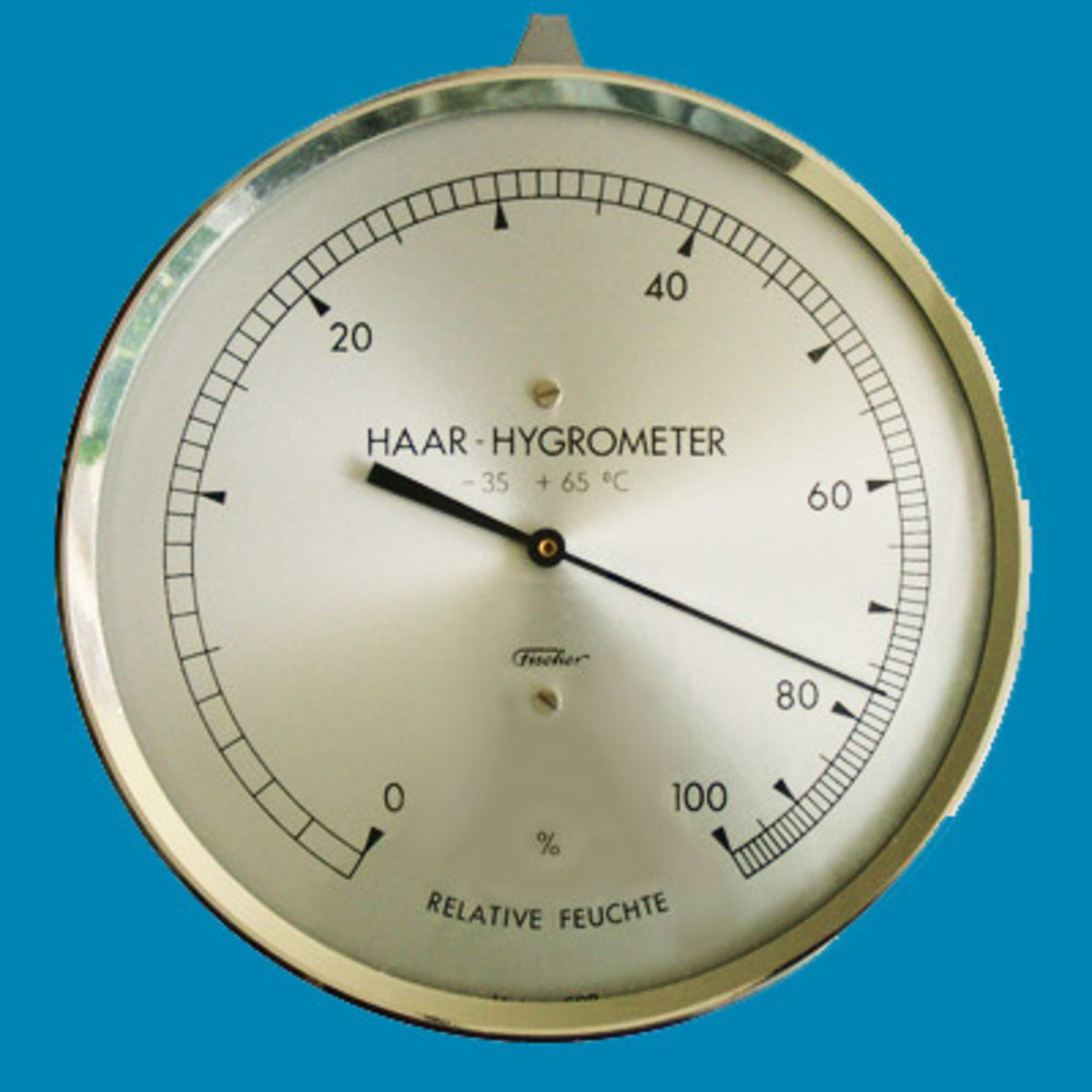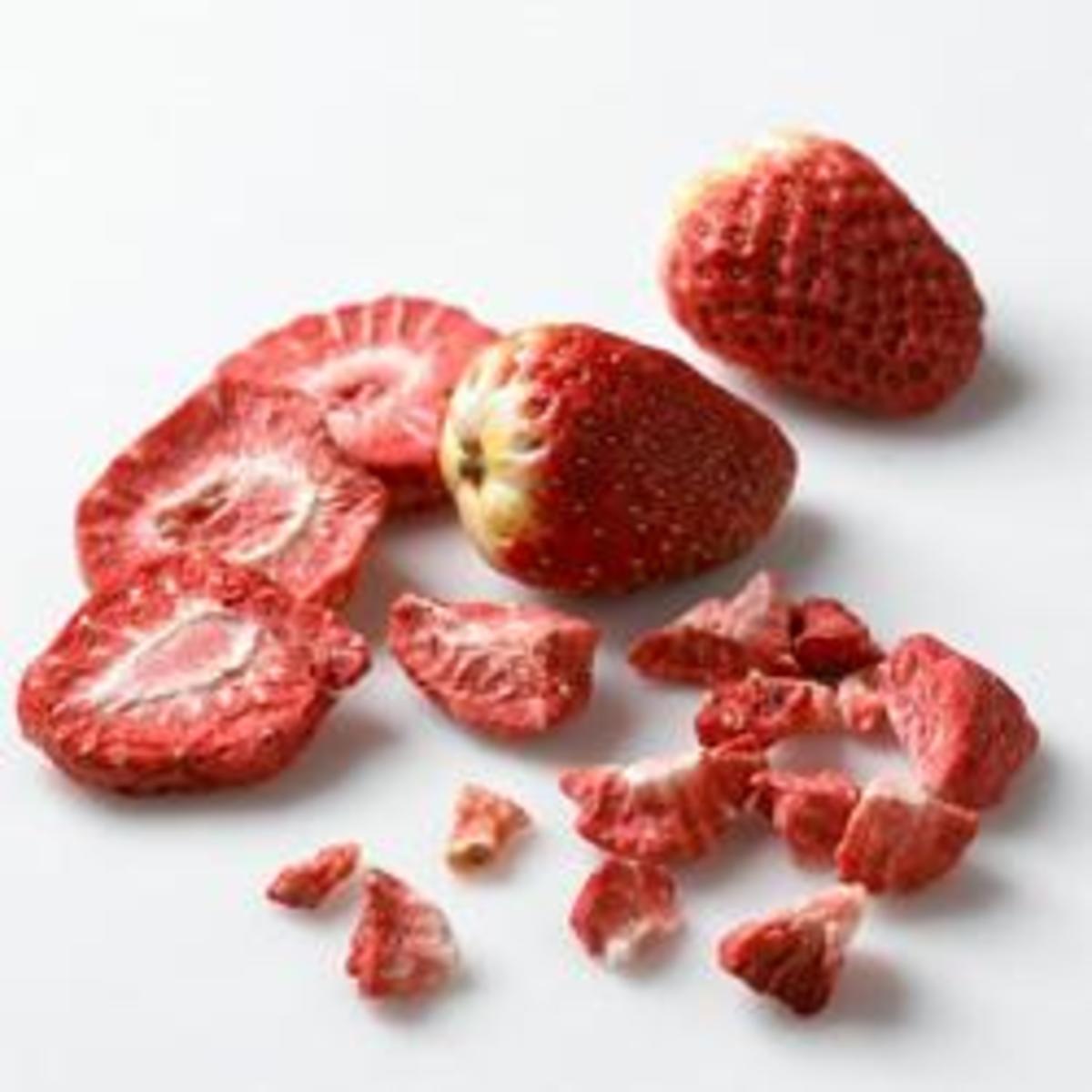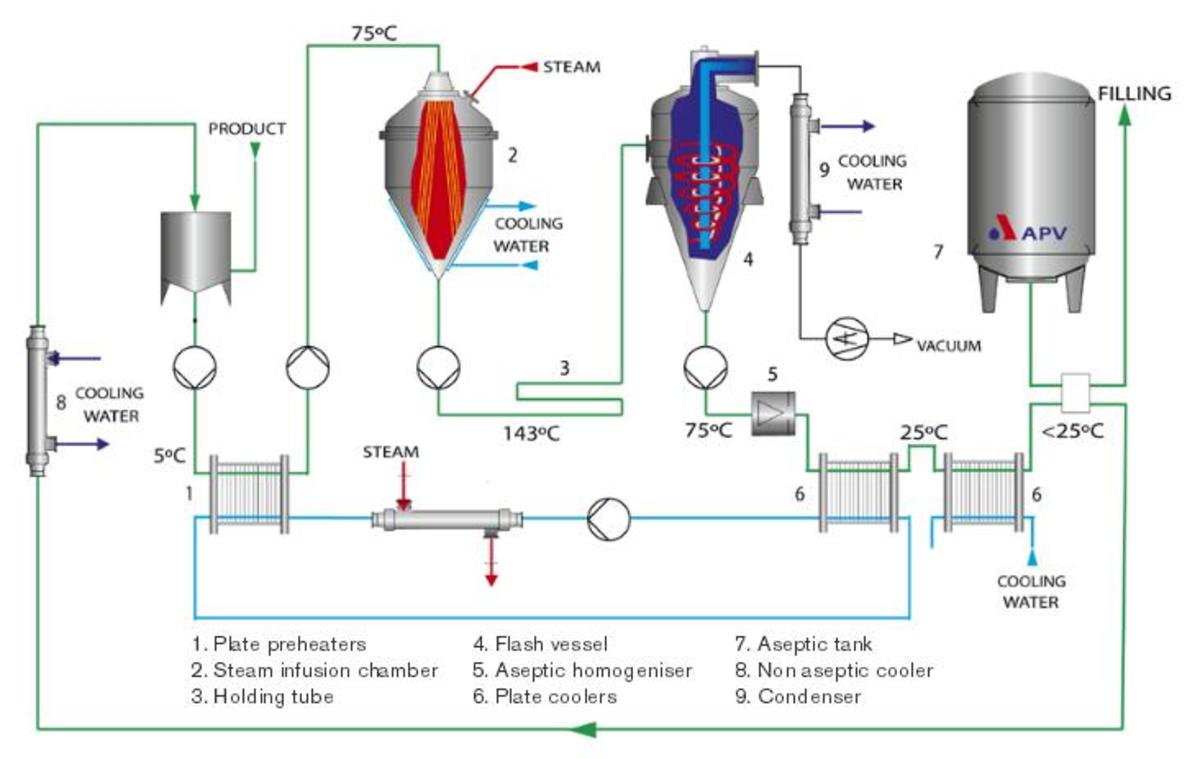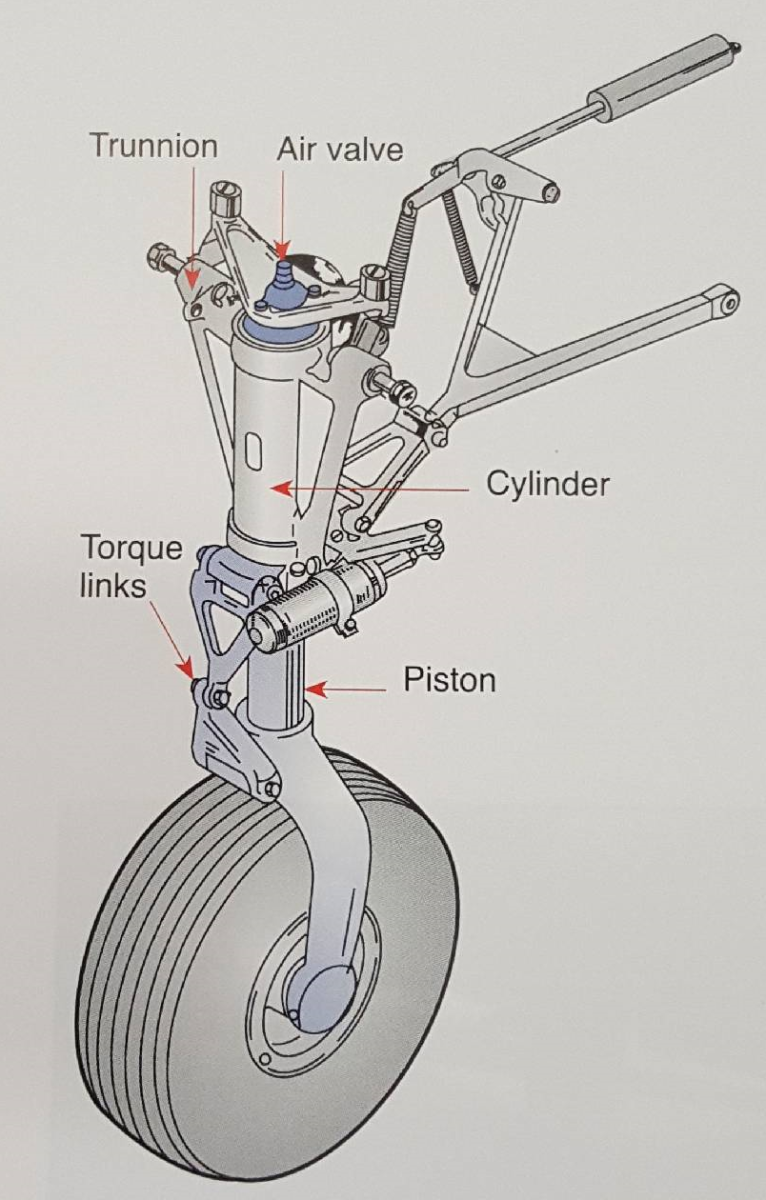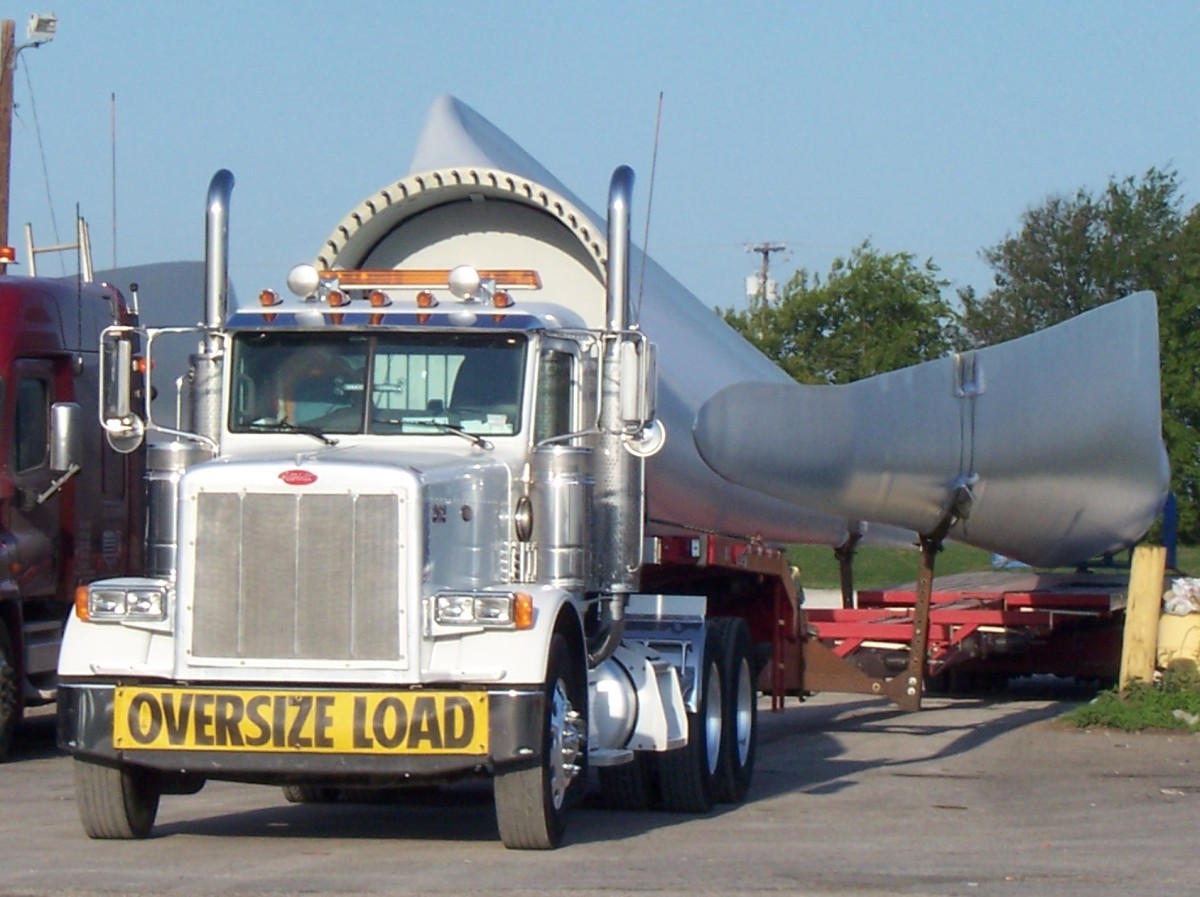Quality of Day to Day Use Petroleum Products in India
Petroleum Quality is Important
In our daily life, we are depending on vehicles for transportation of persons, commodities, cargos etc. which requires energy and most of it is met by fossil fuels manufactured by refineries. It is better to understand the quality of petroleum products in use and the precautions to be taken while handling these products at our level.
Quality of the product is very essential for the proper functioning of the vehicles under the use and to avoid unexpected breakdowns, leading not only to inconvenience but also loss of time, money and manpower for frequent visits to service centres. In view of this, it is better to have some knowledge about petroleum product and its functioning.
What is Petroleum Refining?
Refining is the process, where crude material is used as raw material and high-value products are obtained under strict quality control processes. For petroleum refining, the raw material used is crude oil which is a mixture of hydrocarbons normally found beneath the surface of the earth. The main suppliers to India are Iran, Iraq, Saudi Arabia, Kuwait, UAE and so on. The capacity of the refinery is indicated in million metric tonnes (MMT) per year, which means that it processes that much huge quantity of crude oil per year.
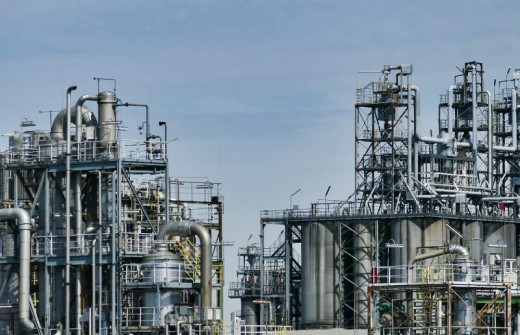
Role of Quality Control in Refineries
As the quality of end products should meet the specifications stipulated by the governing agencies as well as the vehicle manufacturing companies, strict quality control is required at the refineries where the products are delivered. Quality control laboratory tests the final products as well as the raw materials and the intermediate products so as to meet the quality of the end product.
How Quality is Achieved?
The laboratory follows the specified method for testing the various parameters by the specifications related to the particular products. It is equipped with sophisticated instruments which are well maintained and calibrated with frequent interval. Chemists are well trained and have knowledge of the working of instruments and the day to day maintenance. Laboratory follows standards such as Bureau of Indian Standards (BIS), Institute of Petroleum (IP), American Society for Testing and Materials (ASTM) and
International Organization for Standardization (ISO) for testing the products. Laboratories are also accredited by National Accreditation Board for Testing and Calibration (NABL), which is the accreditation body in India in the implementation of ISO 17025 (General requirements for the competence of testing and calibration laboratories). This standard gives the confidence to the customers the technical competence of the quality control laboratory.
Domestic Petroleum Products in Use
1. Liquefied Petroleum Gas (LPG)
LPG is the common fuel used mainly for household cooking and in some automobile, is a colorless gas and is a mixture of commercial propane and butane normally in the ratio 25:75. The density is around 0.520 to 0.58 gm/cc at 15°C which indicates that it is heavier than air but much lighter than water. Ethyl mercaptan is doped to the product which gives a pungent smell to identify any leakage during use. Observation of any leak should be handled carefully by isolating the main valve of the cylinder. As a safety measure, it is always better to turn off the valve while not in use. The product should meet the specifications of IS 4576 standard.
2. Naphtha
Naphtha is one of the products from refinery which is directly not used by the common man as fuel in our day to day requirement. It is a highly inflammable liquid mainly used as solvent, diluents and in industries such as fertilizers, and to produce petrol in the refinery.
3. Motor Gasoline (MG)
Commonly known as petrol, which is manufactured using naphtha as the raw material. This is commonly used in 2-stroke and 4-stroke automobile engines such as two-wheelers and four-wheelers. The product is highly volatile and required most care while handling. The density varies in the range of 720 to 775 kg/m3. One of the major parameters in the quality is the research octane number (RON), which is determined using octane engine in the laboratory. At present, the minimum requirement is 91 . The engines are tuned to have optimum output for this quality. Multifunctional additives are doped at the refinery level. This acts as antioxidant, reduction in intake valve deposit, combustion chamber deposits as well decreases the CO and HC emissions. Marketing companies such as HPCL, IOC, BPCL are doping the fuel with additional multifunctional additives and markets as premium grade petrol. As per the requirements of the Government of India, ethanol blending is also done by marketing companies to the extent of 10% by volume. This reduces the exhaust emission and gives boost to the sugar industries where molasses is used as raw material for the production of ethanol. An orange dye is added to distinguish the product from other colourless petroleum products such as naphtha. The product meets the requirement of IS 2796 standard.
BS-VI specification is in force from April 2020, to reduce the emissions. The sulphur content is reduced from 50 ppm to 10 ppm in comparison with BS-IV specification.
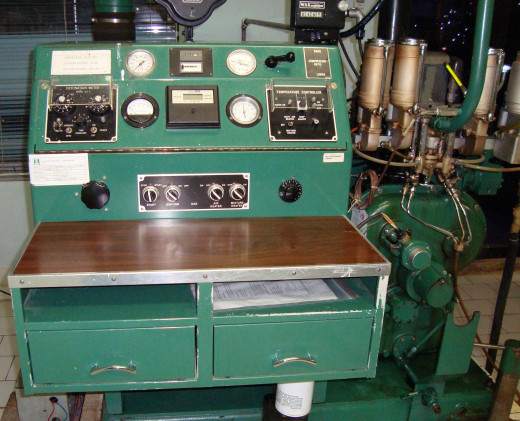
4. Superior Kerosene Oil (SKO)
Generally known as kerosene, SKO is mainly used for lighting the lamps and stoves for cooking purpose. Earlier it was also used by the Indian Railways for their lamps at signalling units. Public distribution system provides kerosene with blue dye so as to distinguish with open market kerosene which is colourless. As per non-smoking kitchen concept of the Indian government, kerosene usage for cooking use is abandoned and replaced by LPG by ‘Ujjwala Yojana’. This product has to meet the IS 1459 standard.
However, one of the fractions from kerosene is used in the manufacture of linear alkylbenzene, which is used in the manufacture of detergents.
5. Aviation Turbine Fuel (ATF)
Also known as jet fuel, ATF is used in jet engines (Aeroplanes), it is one of the most stringent quality control requirement product. The production, quality control, storage and despatch are governed by Directorate General of Civil Aviation (DGCA), Directorate General of Aeronautical Quality Assurance (DGAQA) and Centre for Military Airworthiness Certification (CEMILAC) for defence purpose. The product has to meet the IS 1571 standard.
6. Automotive Diesel Fuel (ADF)
Commonly known as diesel, ADF is widely used for the automotive purpose such as trucks, cars, railway engines, electric generators and so on. The density varies in the range of 810 to 845 kg/m3. Cetane number is one of the characteristic parameters of the product, which is determined using the standard engine at the laboratory and the minimum requirement is 51. The product has to meet the IS 1460 standard.
BS-VI specification is in force from April 2020, to reduce the emissions. The sulphur content is reduced from 50 ppm to 10 ppm in comparison with BS-IV specification.
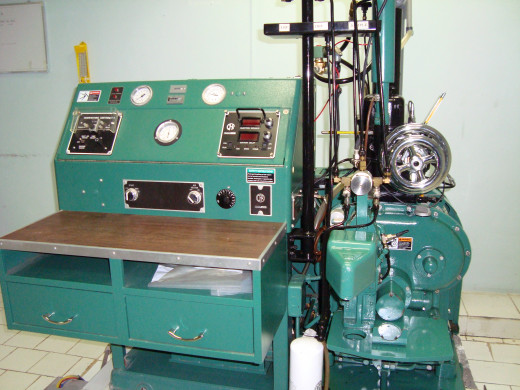
Quality Assurance by Customer
While the quality of the product is very much essential for the smooth functioning of vehicles, quantity also has to be assured for the price paid.
LPG cylinder indicates the tare weight and the quantity of LPG filled. By weighing the cylinder the quantity may be assured.
Petrol/diesel retail outlet is equipped with measuring cylinders and hydrometers to check the density. Quality certificate issued by the refinery will be available with them which may be cross-checked with the quality of the product. To check the quantity, all the outlets should have 5.0 litre measuring cans (with the certification of calibration).
Filter paper test may be carried out to check the purity of petrol by placing a few drops on it. On evaporation, if there is no residue, it may be assured of quality.
It is always better to fill the tank during cooler morning hours, as the price is paid for the volume and it increases with the increase in ambient temperature.
Petroleum Conservation Research Association (PCRA)
PCRA has given guidelines for the conservation of petroleum products, which may be followed. Fossil fuel is non-renewable and it is need of the hour to save petroleum products from inappropriate uses.
This content is accurate and true to the best of the author’s knowledge and is not meant to substitute for formal and individualized advice from a qualified professional.
© 2020 SHREEKRISHNA SHARMA HALEMANE


